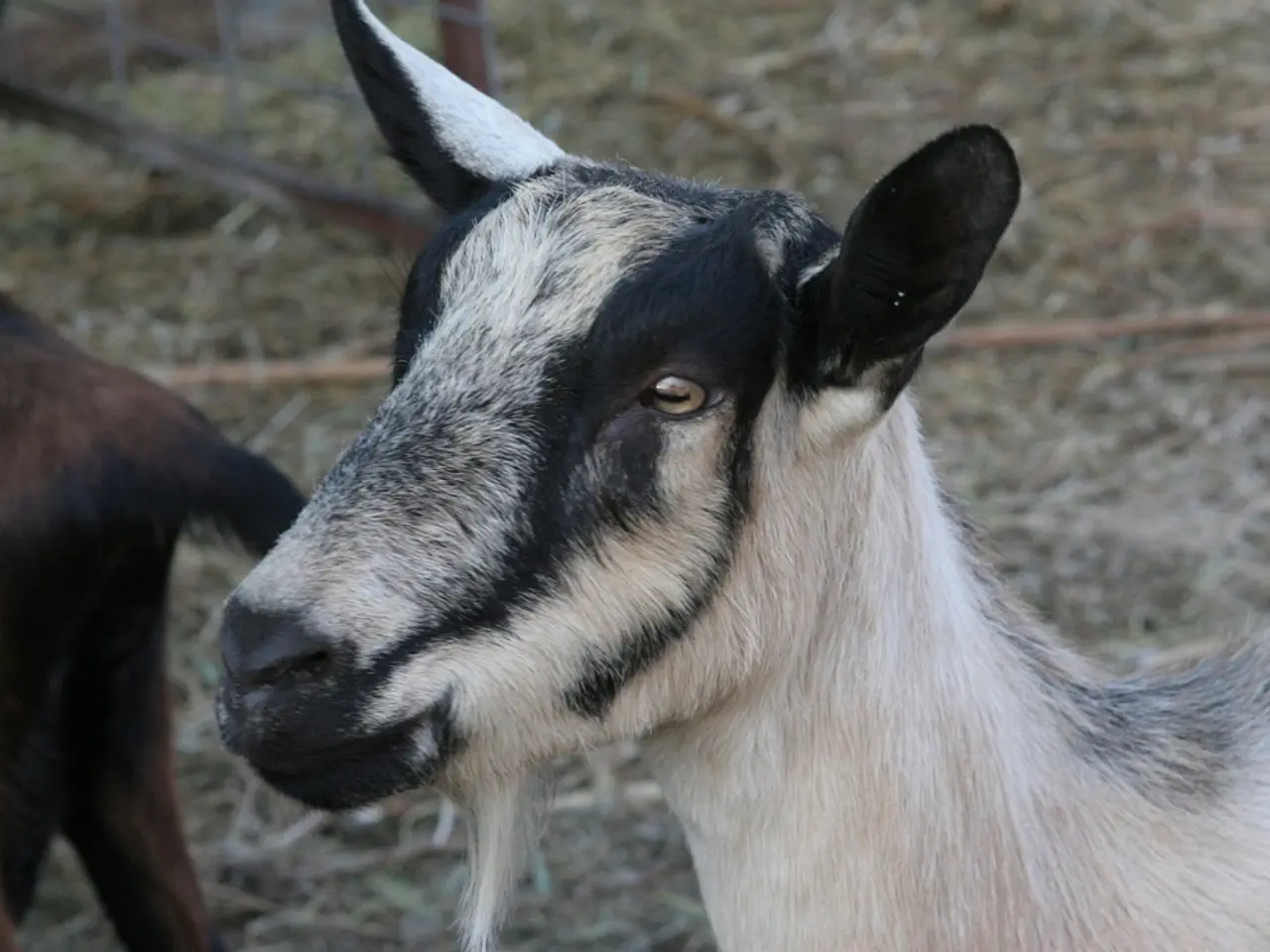Goats have dietary preferences that exclude foods like avocados and rhubarb.
Goats are adaptable creatures, capable of thriving in a wide range of environments with the right care and feeding. Whether they're your friendly pet or raised for meat or milk, understanding their dietary needs is crucial for their overall health and happiness.
A Simple, Balanced Diet
Pet goats benefit from a simple, balanced diet that keeps them active and healthy. A diet primarily composed of hay, grass, and grains is ideal, supplemented with small amounts of fruits and vegetables.
Fruits and Veggies as Supplements
Fruits and vegetables can be offered as dietary supplements, with safe options including apples, carrots, and pumpkins. However, it's important to note that some goats may not appreciate the sour taste of citrus fruits.
Boer Goats: High-Protein Diets
Boer goats, bred for meat, require high-protein diets to support muscle growth. Their diet should include protein-rich feeds such as legume hays (e.g., alfalfa), soybean meal, grains like corn and oats, and supplements like fish meal or commercial protein concentrates tailored for goats. These provide essential amino acids supporting muscle development.
Moreover, access to quality pasture and balanced minerals improves overall nutrition essential for muscle growth.
Dairy Goats: Extra Calcium and Energy
Dairy goats need extra calcium and energy to sustain milk production. A diet rich in high-quality forage like alfalfa hay and grass hay, as well as access to free choice loose minerals, is essential for their well-being.
Avoid Toxic Plants and Foods
It's crucial to be aware of the plants and foods that are toxic to goats. Avoid giving them avocado, rhubarb leaves, and certain nightshade plants, as these can be harmful.
Proper Pasture Management and Happiness
Proper pasture management is essential for goats' health. Regularly rotating pastures can help maintain a healthy, nutritious environment. This, coupled with access to free choice loose minerals, high-quality forage, and the right diet, can lead to playful antics and the production of milk for making goat milk soap.
In conclusion, with proper feeding and care, goats can thrive in a variety of environments, leading to happy, healthy, and productive lives.
Read also:
- Peptide YY (PYY): Exploring its Role in Appetite Suppression, Intestinal Health, and Cognitive Links
- Toddler Health: Rotavirus Signs, Origins, and Potential Complications
- Digestive issues and heart discomfort: Root causes and associated health conditions
- House Infernos: Deadly Hazards Surpassing the Flames








